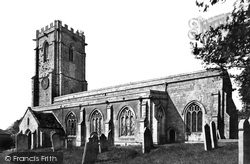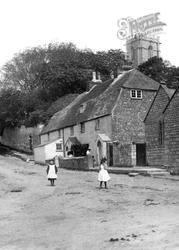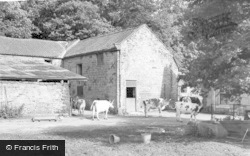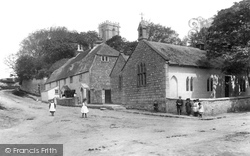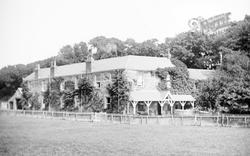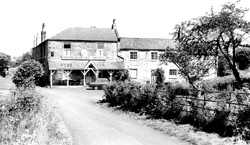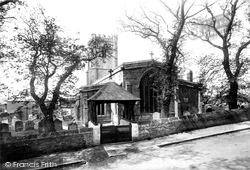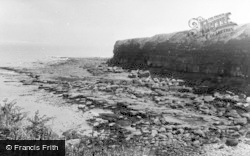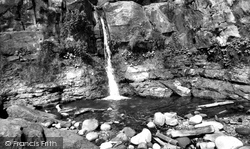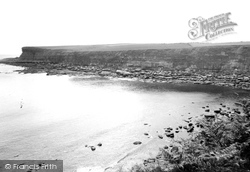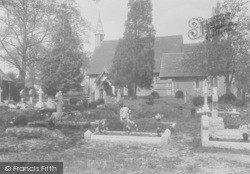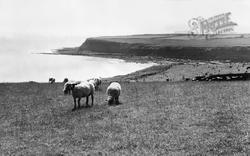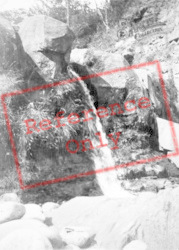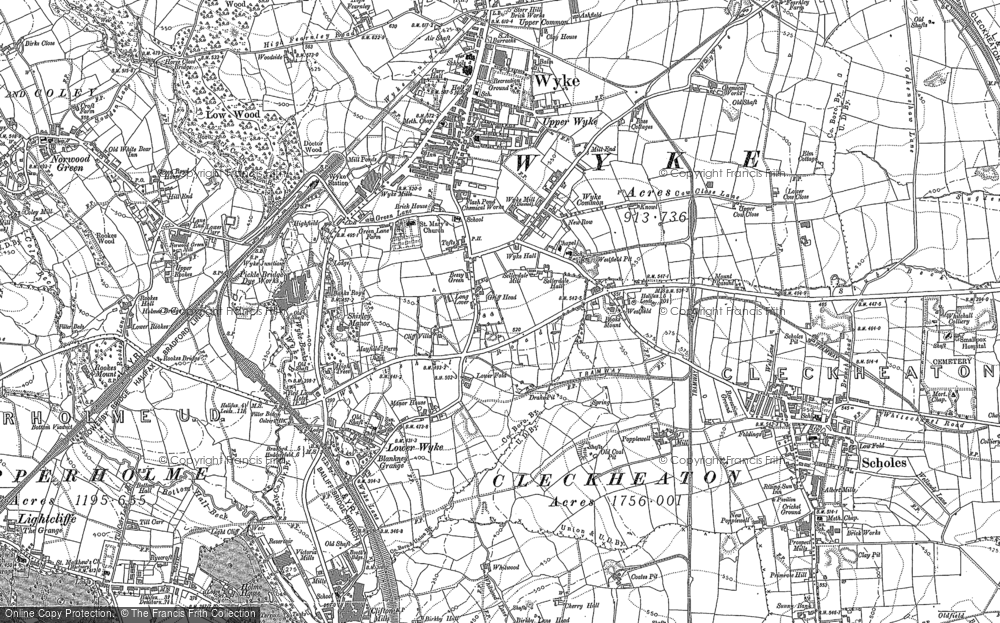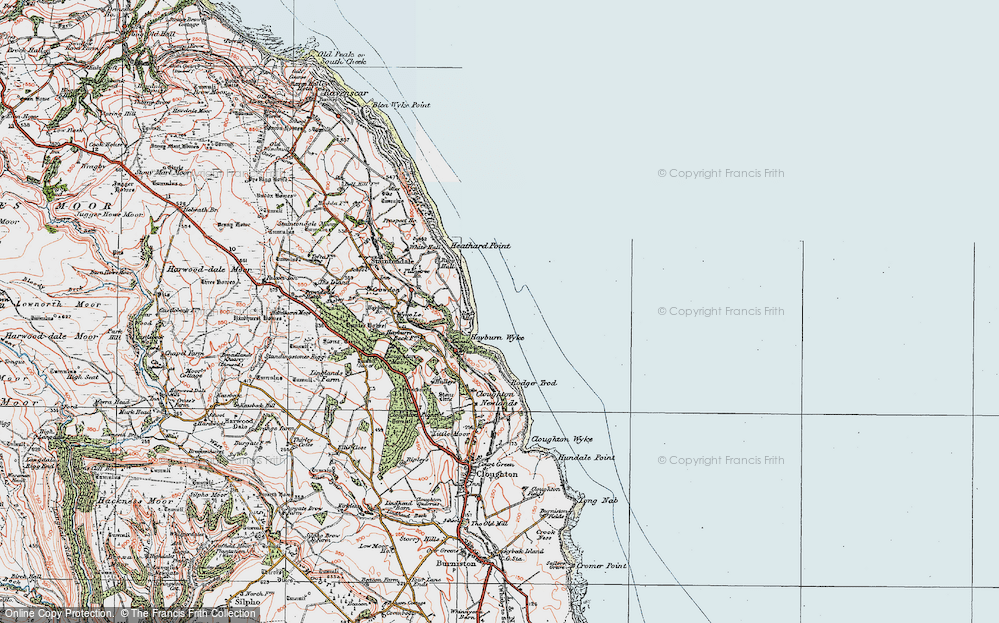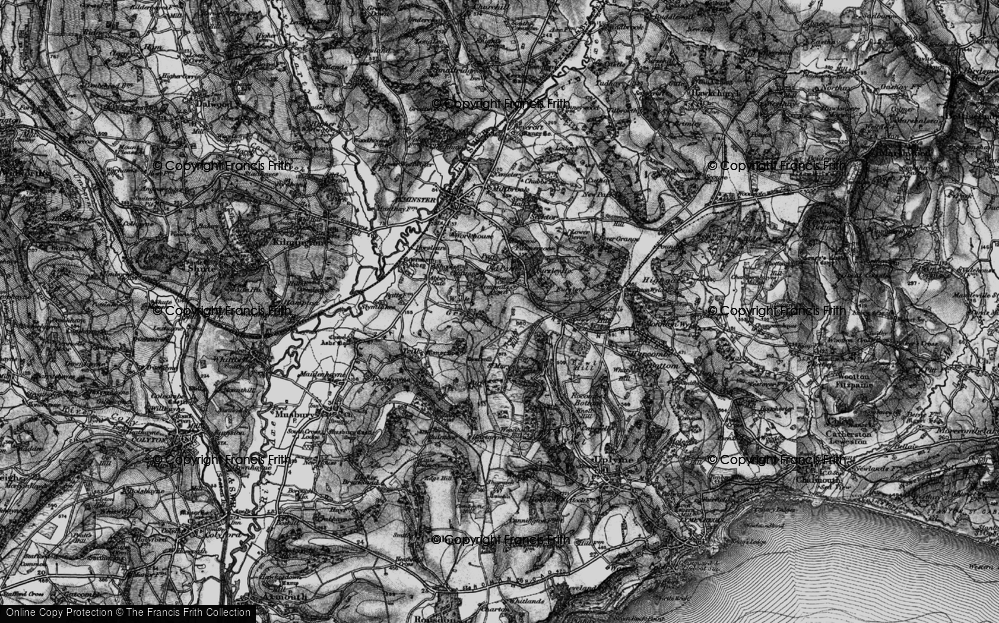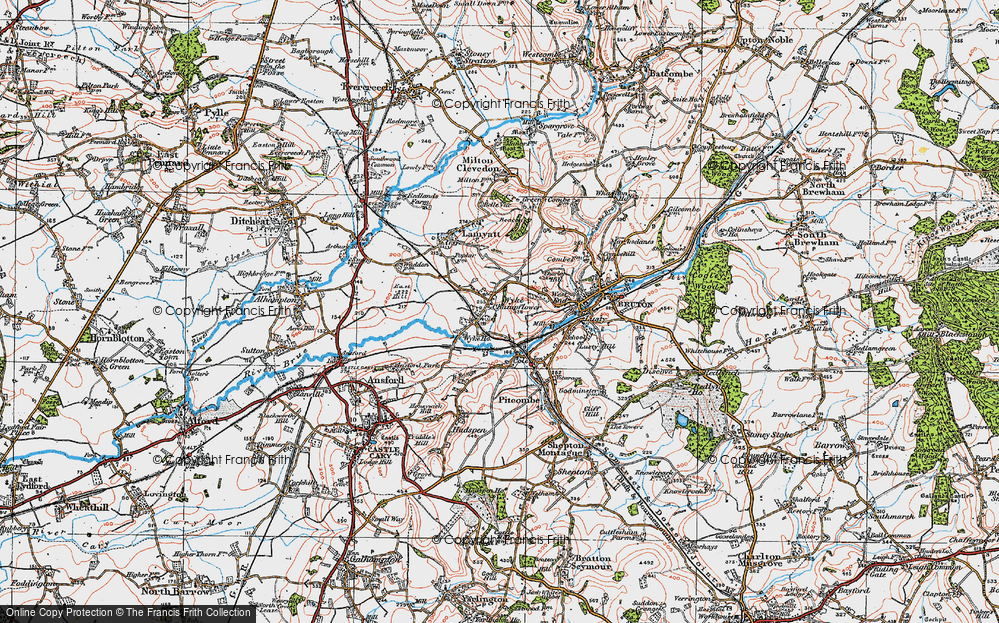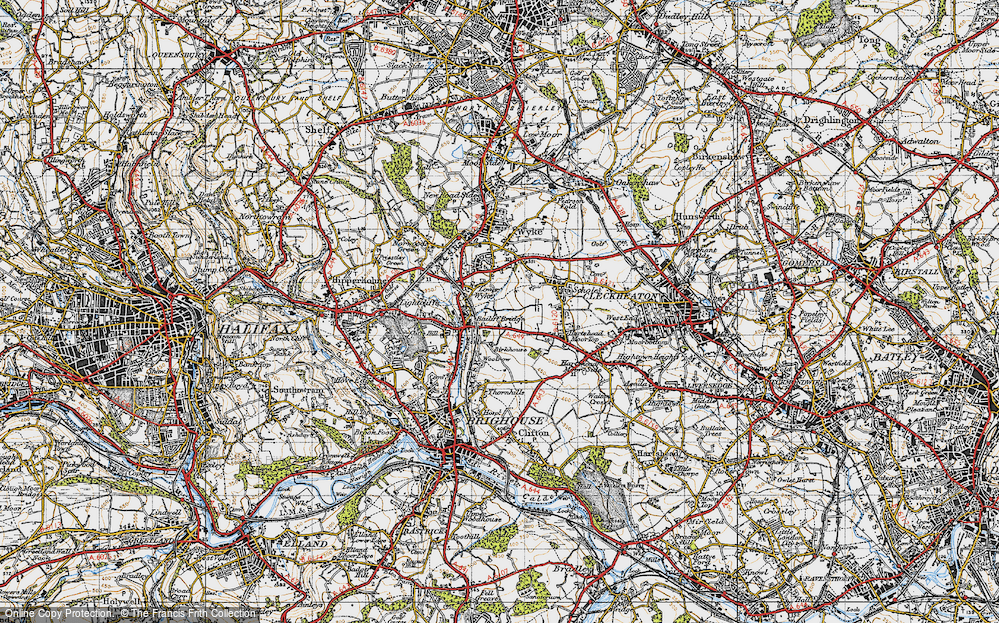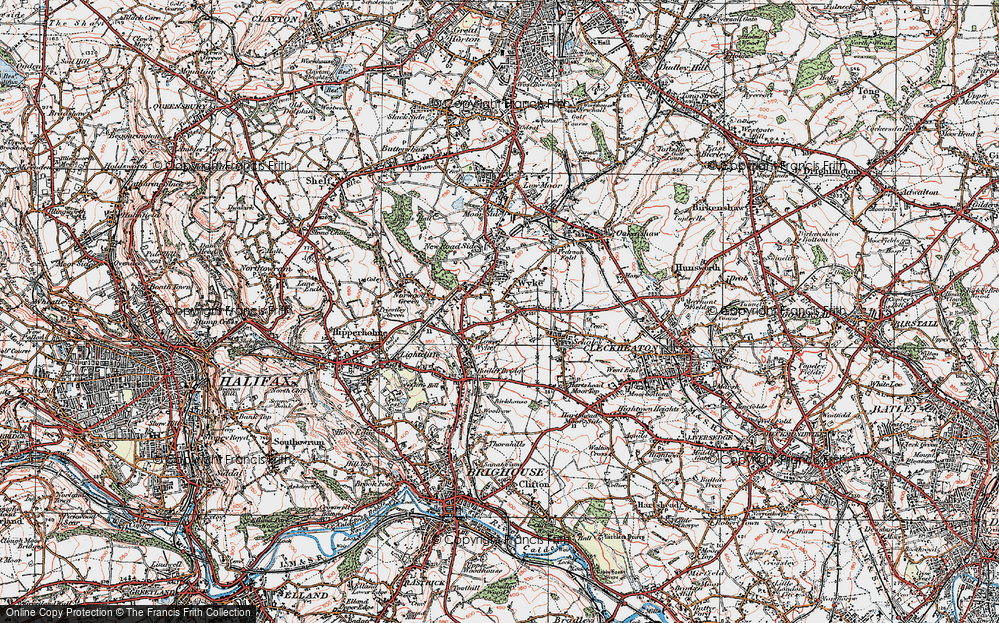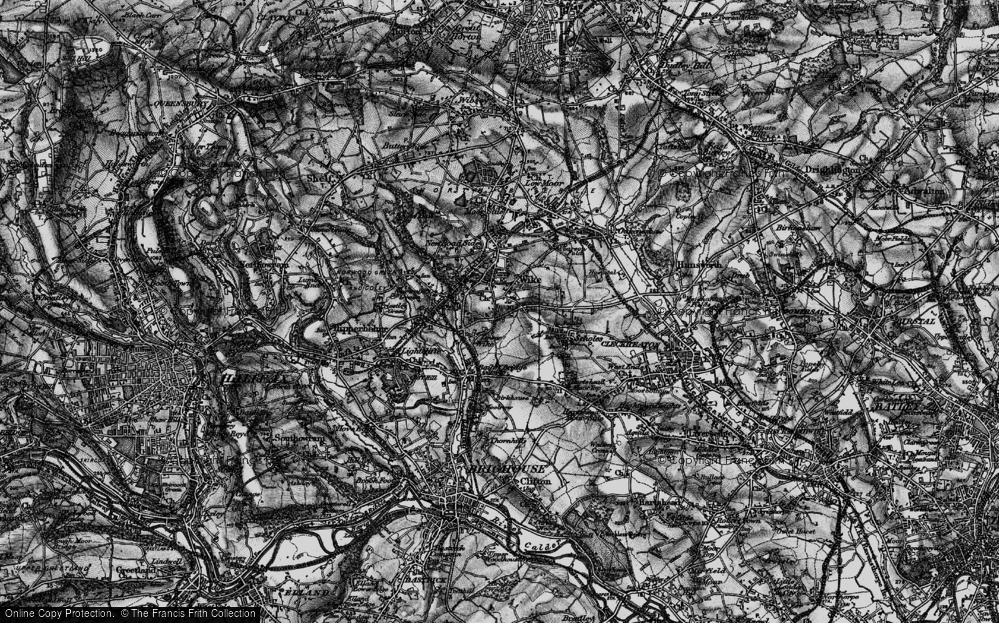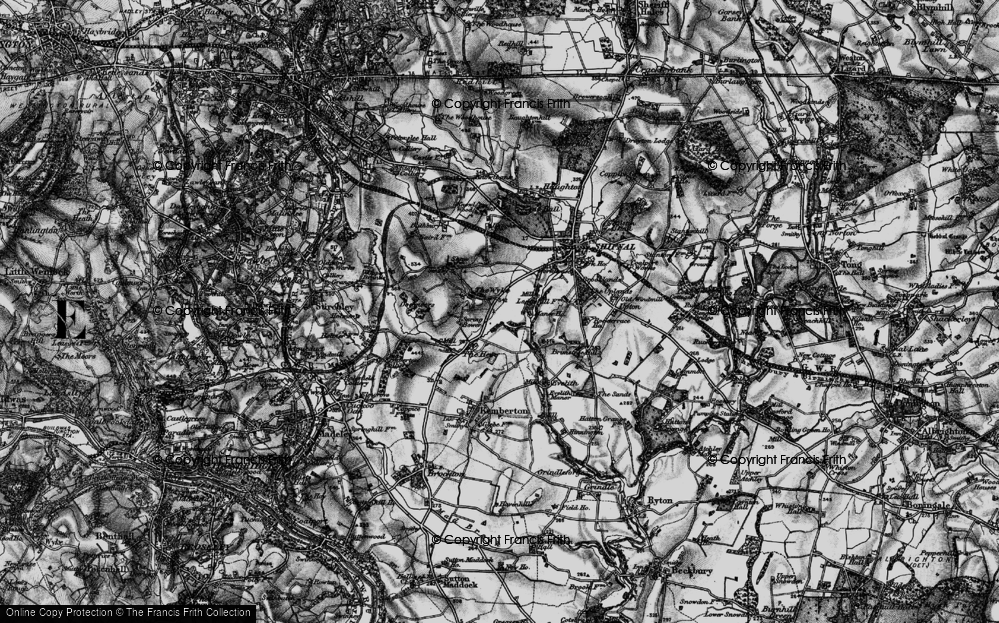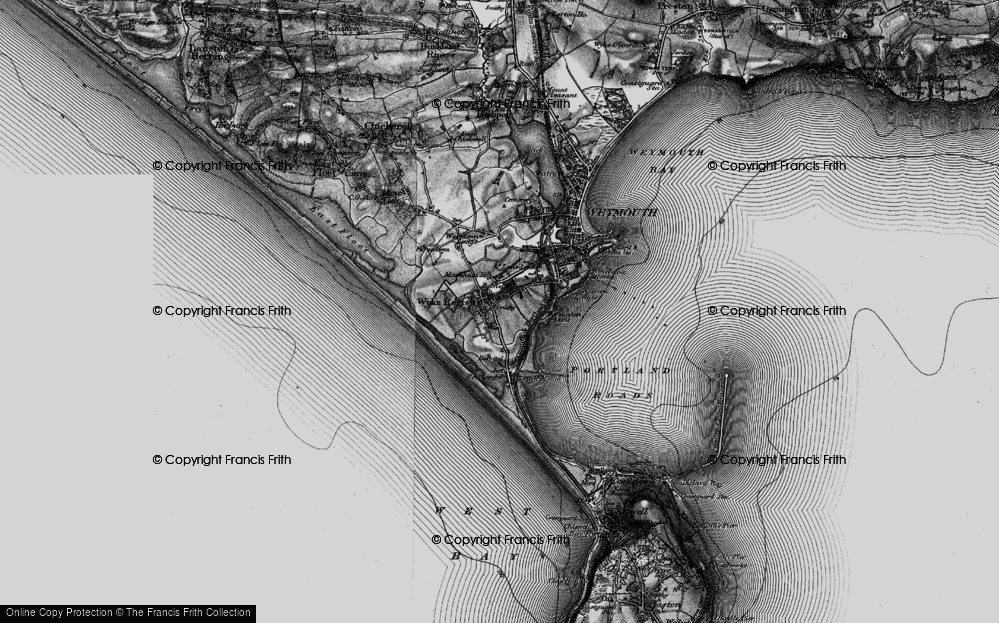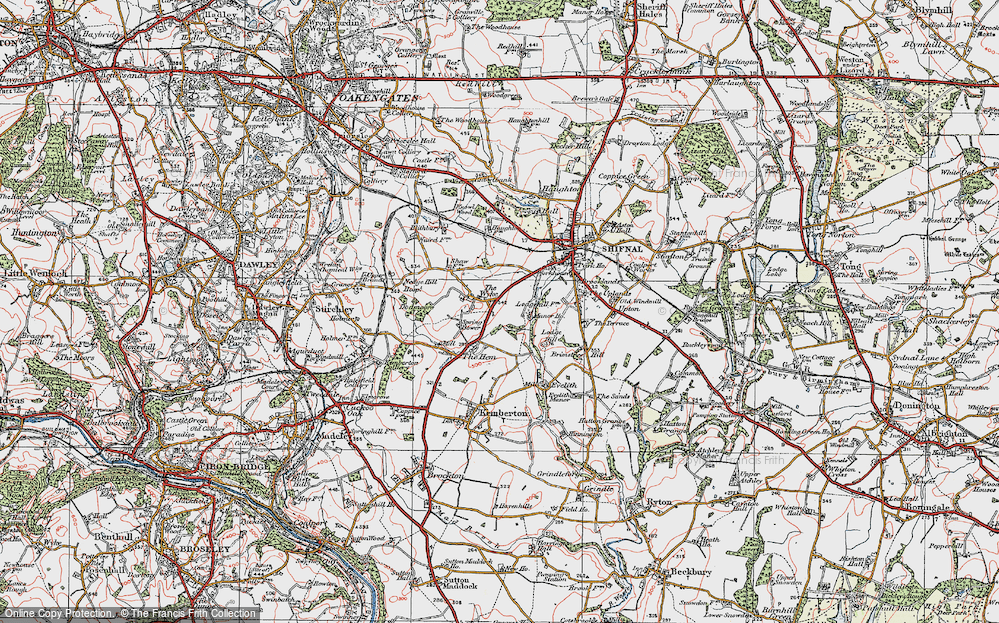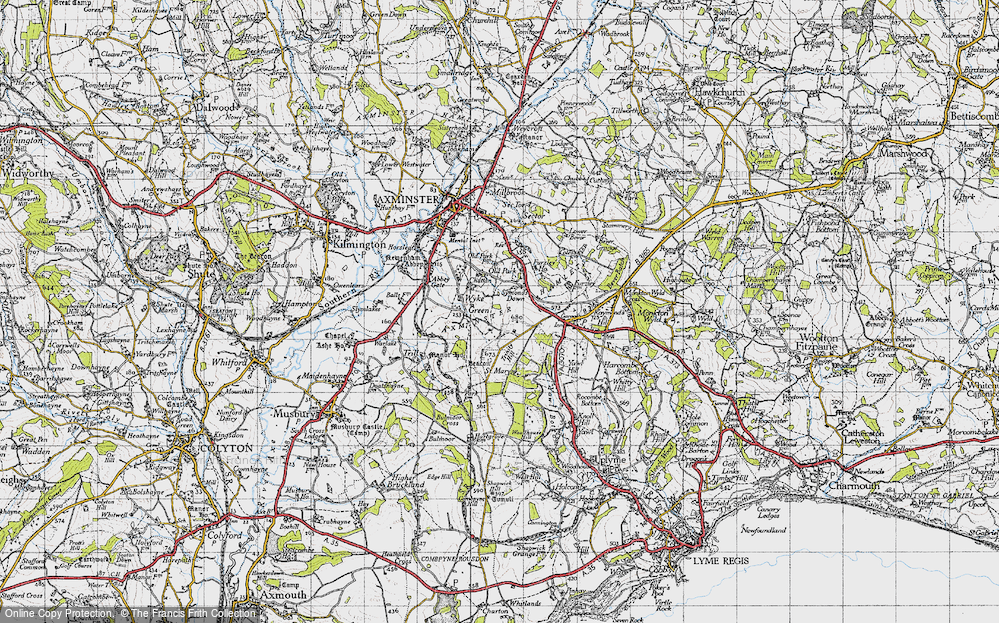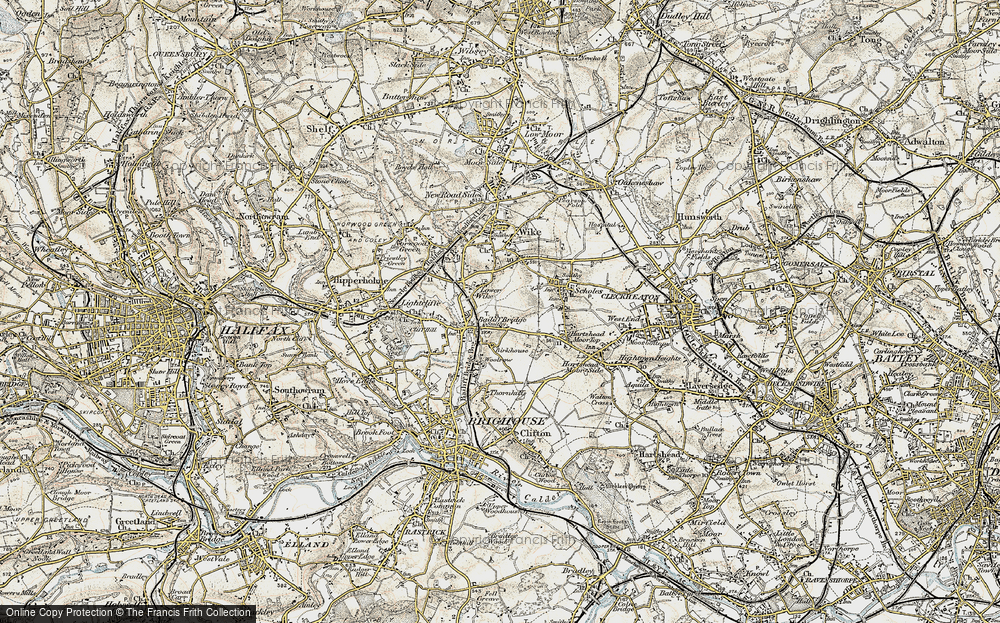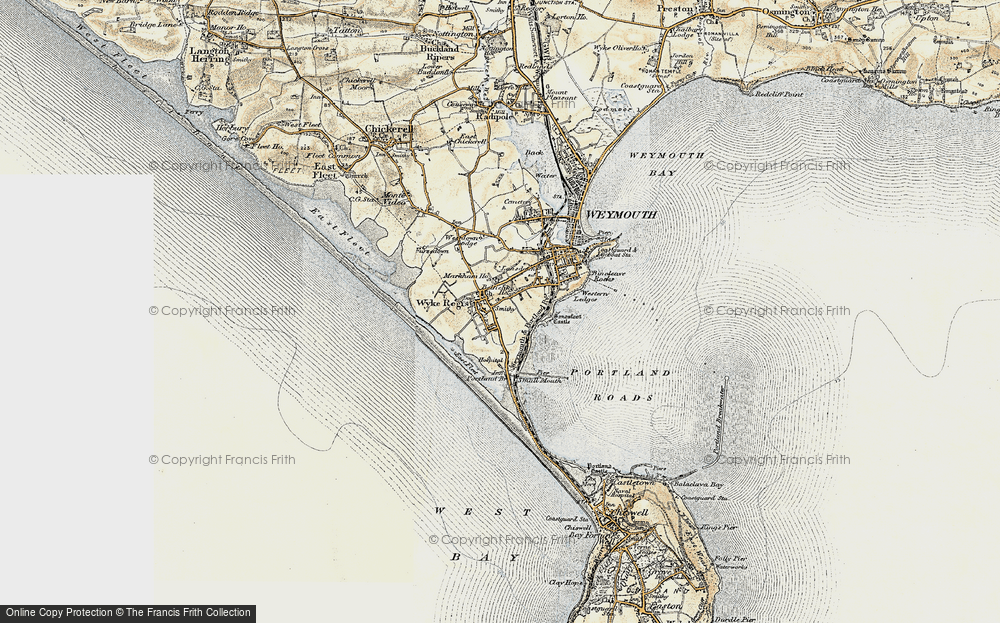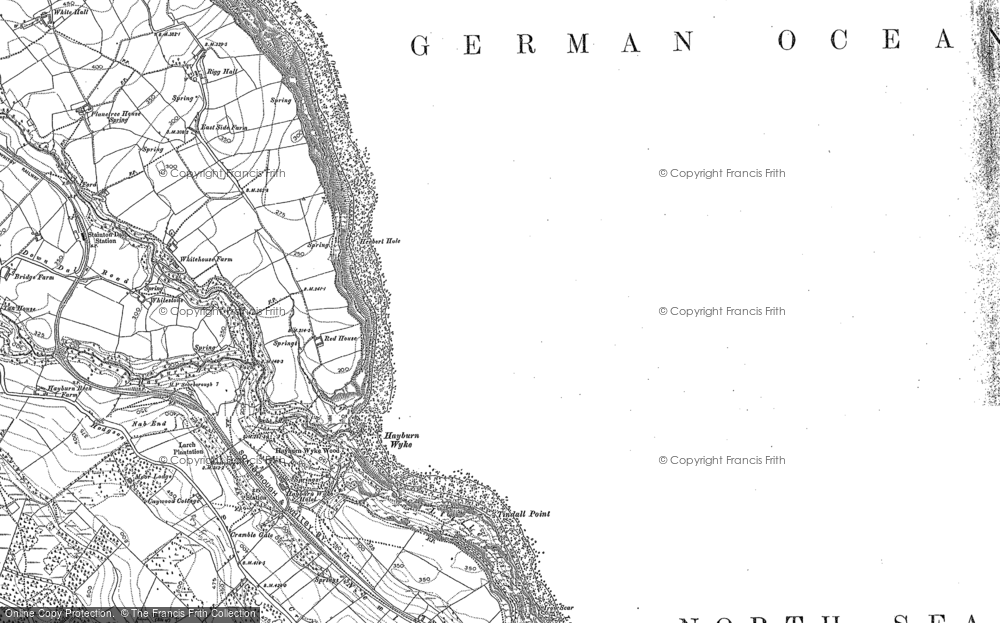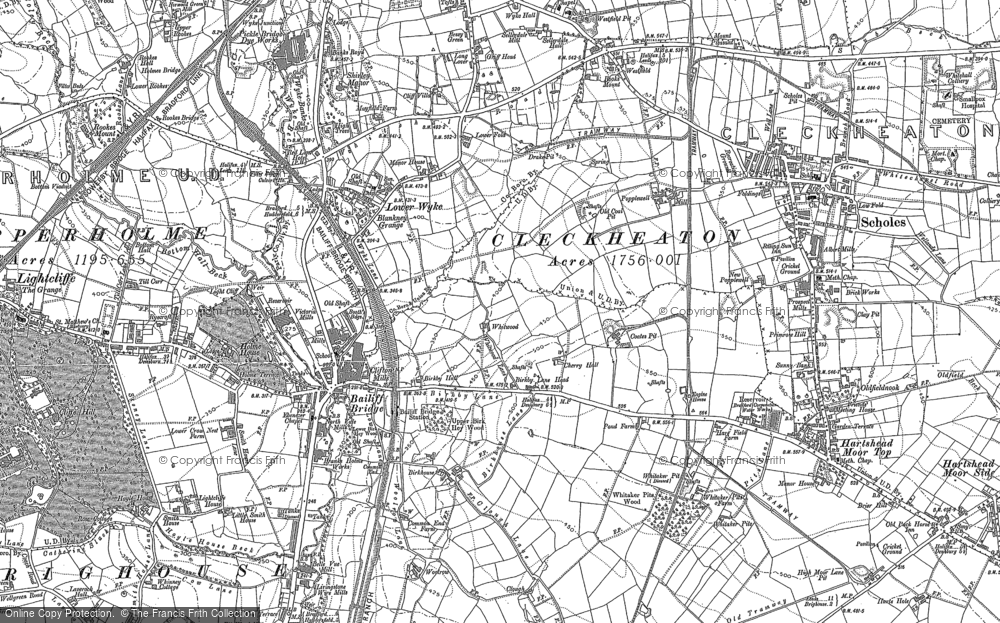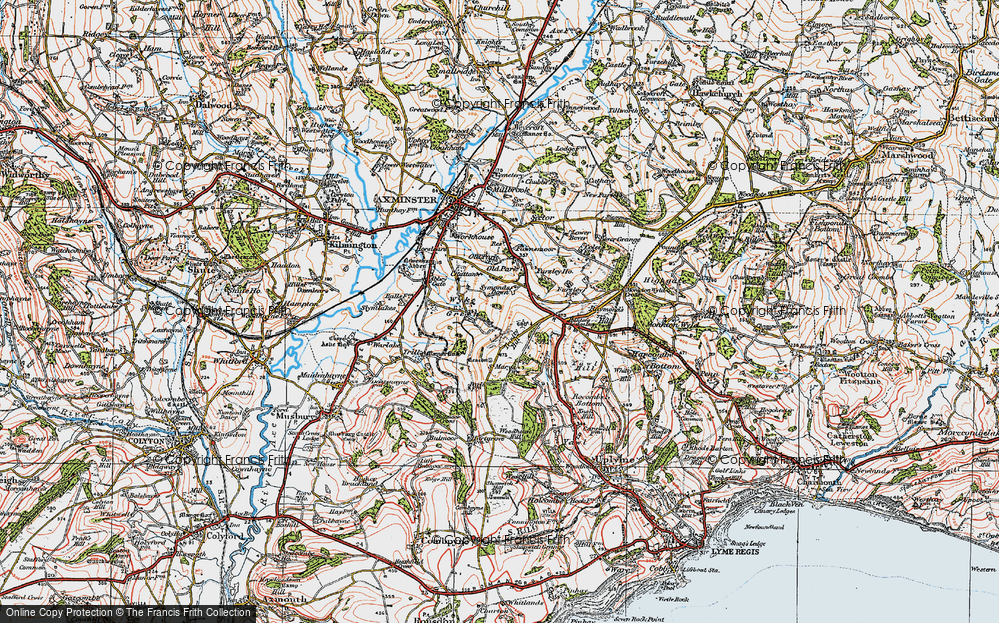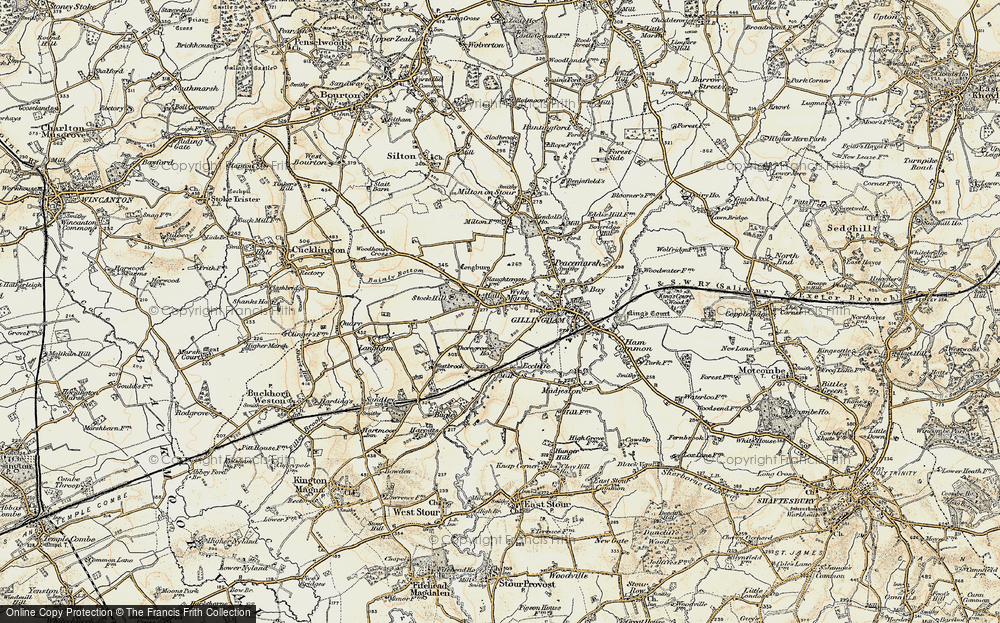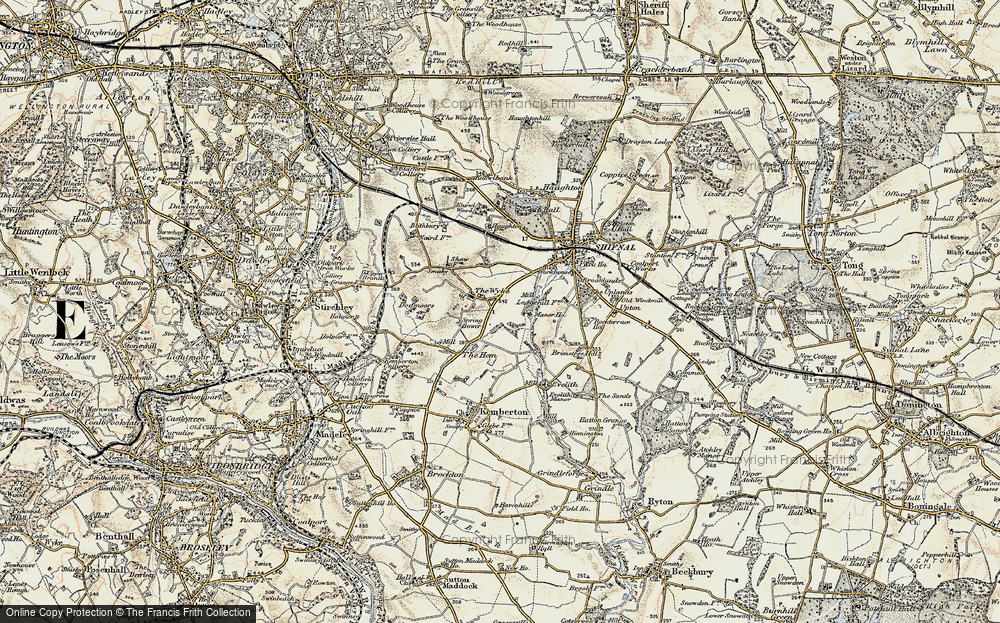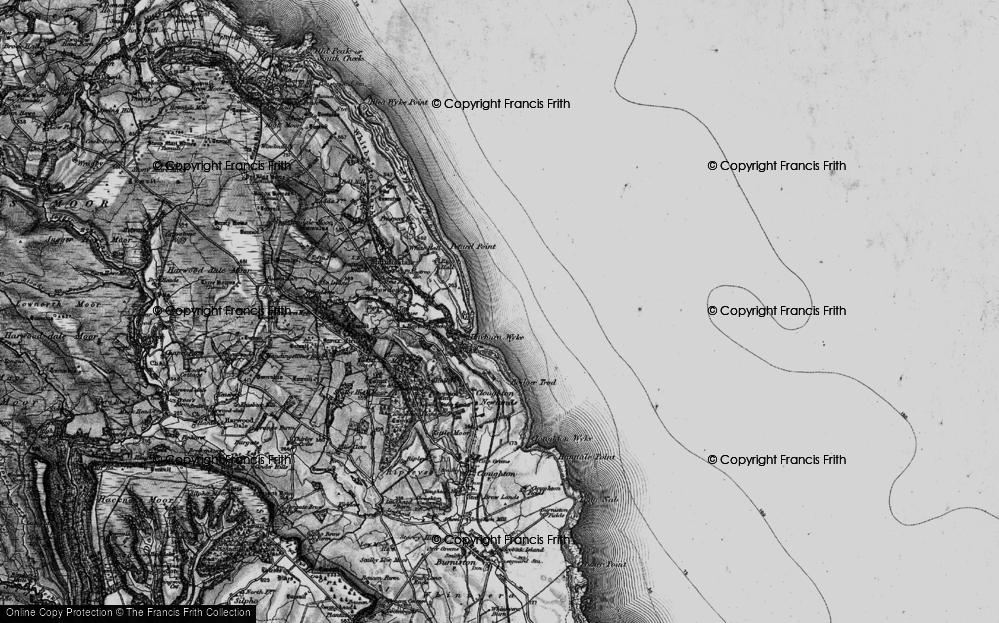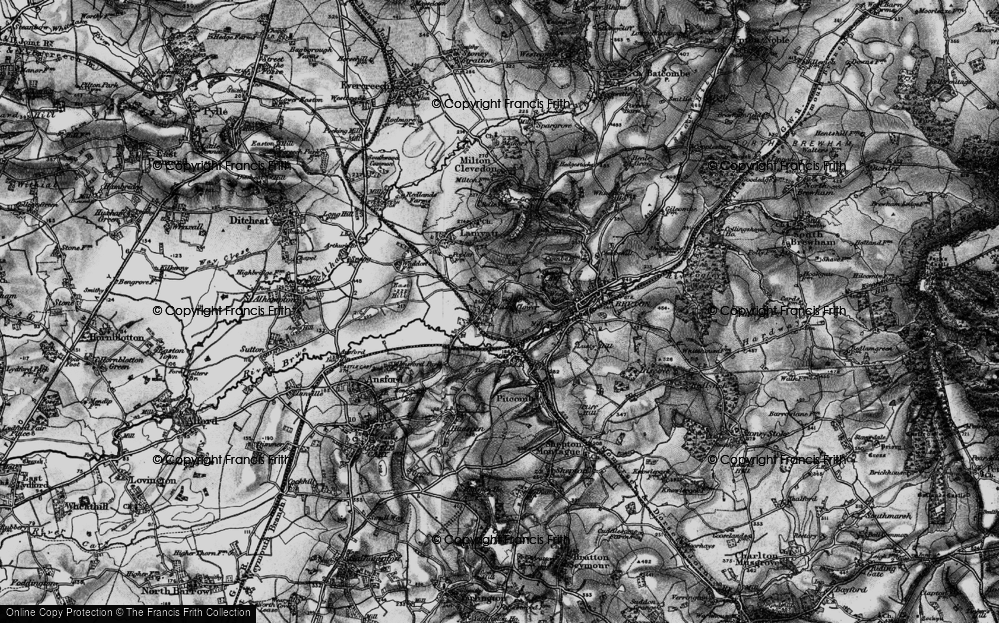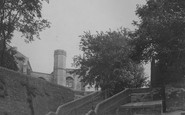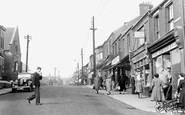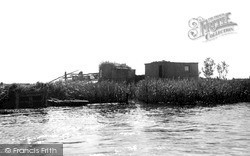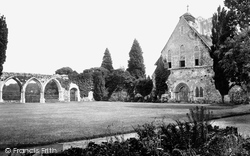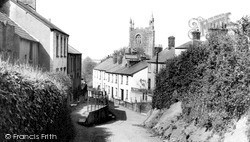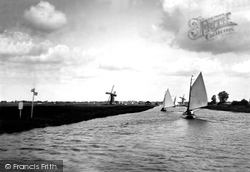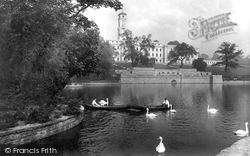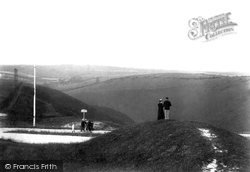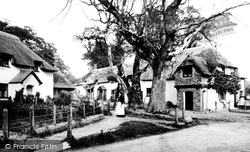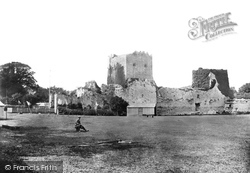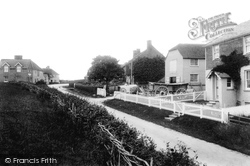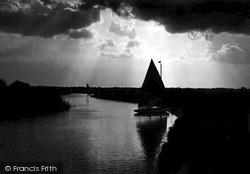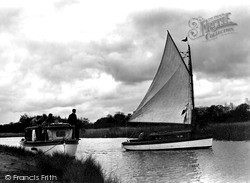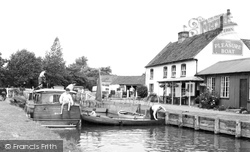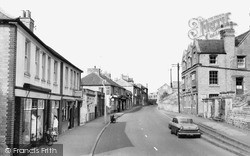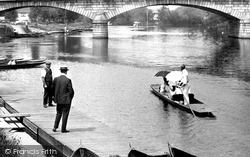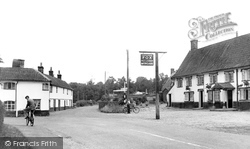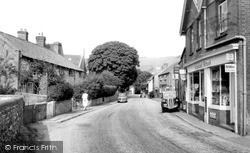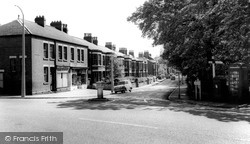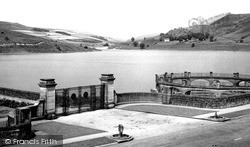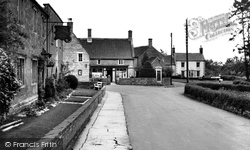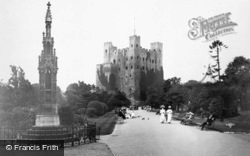Places
10 places found.
Those places high-lighted have photos. All locations may have maps, books and memories.
Photos
33 photos found. Showing results 21 to 33.
Maps
110 maps found.
Books
Sorry, no books were found that related to your search.
Memories
91 memories found. Showing results 11 to 20.
Memories
As a boy i would wander through fields and in water, go fishing, make swings was happy with things: Would roam with the dog slip on Algae green log, smell rain on the grass polish Grans brass: Climb dykes, collect conkers leap Cargills, ...Read more
A memory of Blairgowrie in 1974 by
1966 69 Happiest Year Of My Childhood
Reading all the memories, mostly happy, and recollections from both staff and pupils at Warnham Court has opened the floodgates to my own happy, carefree school days. Gosh, so many people and ...Read more
A memory of Warnham Court School by
Small Timber Cottage; Dicks Mount, Burgh St Peter
Location: Burgh St Peter, Beccles: My sister and brother-in-law (Ronald and Shirley Miller), owned a small timber cottage above the dyke on Dicks Mount during 1960-1970's. It was a charming one or ...Read more
A memory of Beccles in 1966 by
Wwii Billet
My mother, Maude Doyle was billeted at a farm in Outwell while stationed at searchlight battery at Sutton Bridge that served as RAF base. Fighter aircraft used the gun butts there to adjust their cone of fire I understand. The farmer's ...Read more
A memory of Outwell in 1940 by
A Beautiful Place
My family roots are from knighton and lloyney, Mona Cadwallader was my aunt she was a midwife in knighton, her sister edith gordon (both nee hammond) was my nan, they lived in lloyney before marriage mona and her husband ken lived in ...Read more
A memory of Knighton
Growing Up In Govan In The 50's.
I have very happy memories of my childhood in Govan. I lived in an attic with my Mum, Dad and Brother. If it was wet outside everybody gathered at my close and we would run up and down the wooden stairs. The neighbours ...Read more
A memory of Govan
Middle Farm
I was born at Middle Farm on Feb 27th,1949. My dad was Roy Nutter and my mum was Betty Nutter, my folks came down from Lancs after the war, my mum's brother, Fred Winnard, also lived nearby at Kinsham. I think the farmer was ...Read more
A memory of Pamington in 1949 by
Kings Dyke School
I started school here in 1961 and have recently returned to live in this area. I would love to contact others from this era to share memories.
A memory of Whittlesey in 1961 by
1950 61 A Child's Memory Of Kirkconnel
On 11th October 1950 I was born in the flat above Drife's butchers shop in Kirkconnel. My dad, Tommy, worked in the shop with Cameron Purvis and struggled to feed a family of three on the butcher's wage and ...Read more
A memory of Kelloholm by
Noble Family
NOBLE/DAWSON FAMILY. Has anyone any info leading to the NOBLE/DAWSON family. My husband's family were from Easington / Trimdon area. Jim, Alice, Humphrey, Anne,Jane Hannah, Martha, Albert They were children of the DAWSON ...Read more
A memory of Easington Colliery in 1900 by
Captions
137 captions found. Showing results 25 to 48.
Eels used to be commonly found in the Broads rivers, but there is now only one hut remaining at Kandel Dyke above Potter Heigham. Notice the nets to the left of the hut.
But most visitors come to see the old Abbey, founded by King John in 1204 and ransacked by Henry VIII in 1539.
Sturminster Newton was only ever a 'Minster' town in the sense that it was granted to Glastonbury Abbey by King Edmund Ironsides.
St Mary's was originally part of a Benedictine Priory, one of several founded by King Athelstan.
The late 18th-century left-hand mill has lost its cap, but the 1820 Thurne Dyke mill on the right was beautifully restored in 1955.
The late 18th-century left-hand mill has lost its cap, but the 1820 Thurne Dyke mill on the right was beautifully restored in 1955.
This was the year in which the college was opened by King George V.
To the left of the flagpole can be seen a pier of the Dyke cable car, which stretched across the valley. This vertigo- inducing ride lasted from 1894 to 1907.
The thatched cottages were erected in 1828 by Sir Thomas Dyke Acland for his retired estate workers. Many of the cottages have survived, retaining their original charm.
Located on a spit overlooking Portsmouth Harbour, the castle was regularly used by kings when visiting Portsmouth. Henry VIII came here with Anne Boleyn.
The Romans farmed here and constructed massive dykes that still perform a role in safeguarding the region's interests.?They also founded the port of Romney.
The Fleet Dyke flows from the River Bure to South Walsham Broad. A break in the storm cloud allows the evening sun to cast shadows on the rippling water, a sight not uncommon on the Broads.
The Dyke is here almost as wide as a river, and allows a sail cruiser to tack across. Several holidaymakers on a hired motor cruiser watch the skilful sailing manoeuvre.
Because of the many dykes and staithes around the edges of the Broad, small sailing boats are the handiest for exploration.
Founded as a Cistercian abbey by King John in 1204, Beaulieu is Norman French for 'beautiful place'.
Further south, the High Street becomes Brook Street as it heads towards the unromantically named Hog Dyke. To the right are the walls and gate piers of the Methodist Church built in 1874.
The thatched cottages were erected in 1828 by Sir Thomas Dyke Acland for his retired estate workers. Many of the cottages have survived, retaining their original charm.
The three-arched structure was designed by George Rennie and opened by King William IV in the 1830s.
Garboldisham is steeped in ancient history: there is a defensive earth work here known as the Devil's Dyke, and a mound traditionally supposed to be the grave of Boudicca, Queen of the Iceni.
Nearby is the famous Devil's Dyke, a famous beauty spot and viewpoint where the views stretch for miles in all directions.
Any early farmstead close to the coast would have been an easy target for raiders and so probably needed defensive ditches - 'Ditton' means a farmstead with a ditch or dyke nearby.
The reservoir was opened in September, 1945 by King George VI and Queen Elizabeth, who unveiled a memorial tablet and opened the two overflow shafts, one of which is seen to the right
The name of this village derives from 'dyke gate', referring to the control of water through sluices.
Rochester was besieged by King John in 1215 – starvation eventually forced the defenders out.
Places (10)
Photos (33)
Memories (91)
Books (0)
Maps (110)




